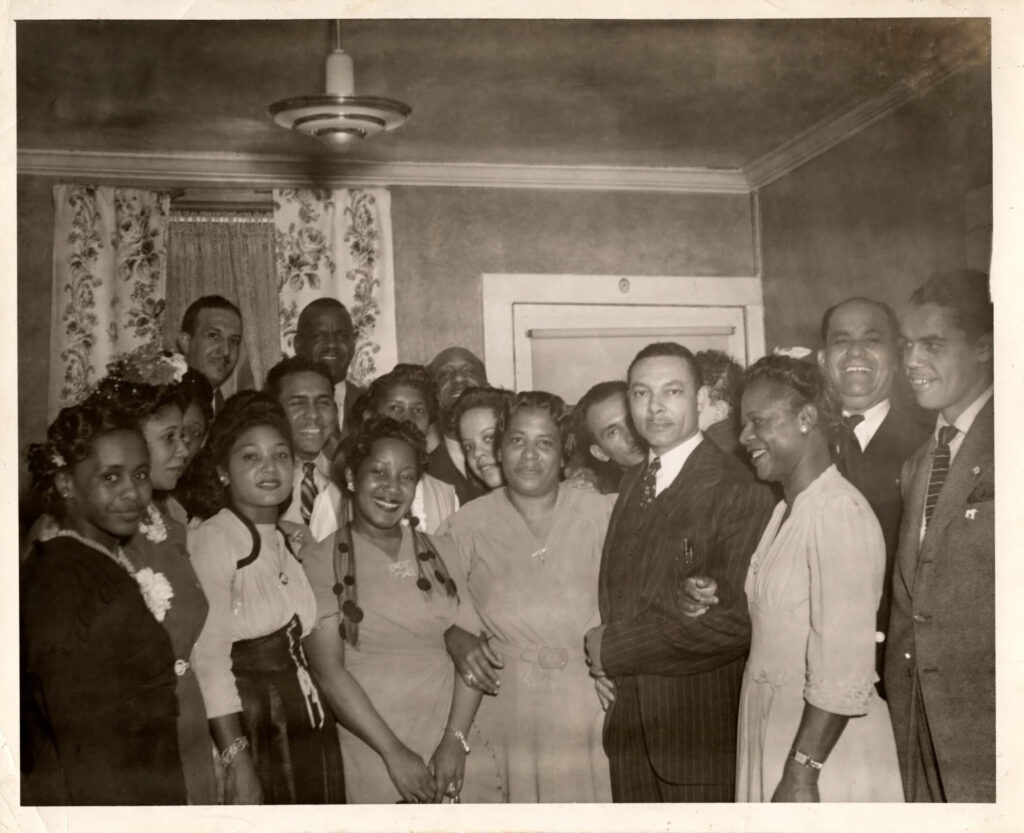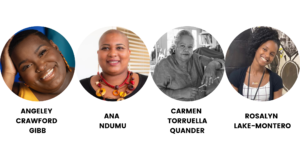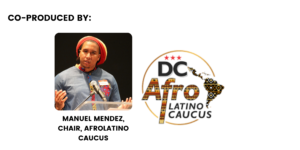In this Context for Today, panelists discuss Afro- Latinas' experiences of migration, language, and identity in DC.

Born in the 1940s to Dominican and Puerto Rican parents, Carmen Torruella-Quander lived in the nation’s capital most of her life. She remembers a childhood defined by growing Latino communities, distinctly Caribbean accents, neighbors hailing from Cuba and the Dominican Republic, and newly opened embassies attracting immigrants to the city. Carmen’s life provides a glimpse at the beginnings of what it meant—then and now—to be Latina in this city. Histories of Latino communities in DC typically highlight the arrival of Salvadoran immigrants to the city in the 70s and 80s, but Carmen’s story reminds us, in her words: “I, and so many like me, have been here. We all want to claim our rightful place in a city we call home.”
The DC History Center joins with Manuel Mendez, Chair of the AfroLatino Caucus, to produce this Context for Today. Artist Carmen Torruella-Quander with educators Ana Ndumu, Angeley Crawford Gibb, and Rosalyn Lake-Montero address the history of Latinas in DC, Pan-African migration waves and displacement, and sociocultural erasure and essentialism. Our speakers will consider tensions around language, class, and belonging, and the importance of Afro-Latina representation for youth to understand their own identities, communities, and experiences.
Many Spanish-speaking communities shape DC/DMV culture. Among them are Afro-Nicaraguans, Afro-Costa Ricans, Afro-Dominicans, and Afro-Cubans. The racial and cultural vastness of the Spanish-speaking world is underestimated, which is why it is essential to situate Black communities within Latinidad, DC history, and broader discussions on Black diasporic migration. DC’s Afro-Latinx communities, like their Afro-Caribbean and Sub-Saharan Africans counterparts, have yet to be fully understood.
“See Our Latinidad, See Our Blackness,” is the latest installment in the DC History Center’s Context for Today series of online conversations with thoughtful and thought-provoking historians, activists, journalists, and community members.

